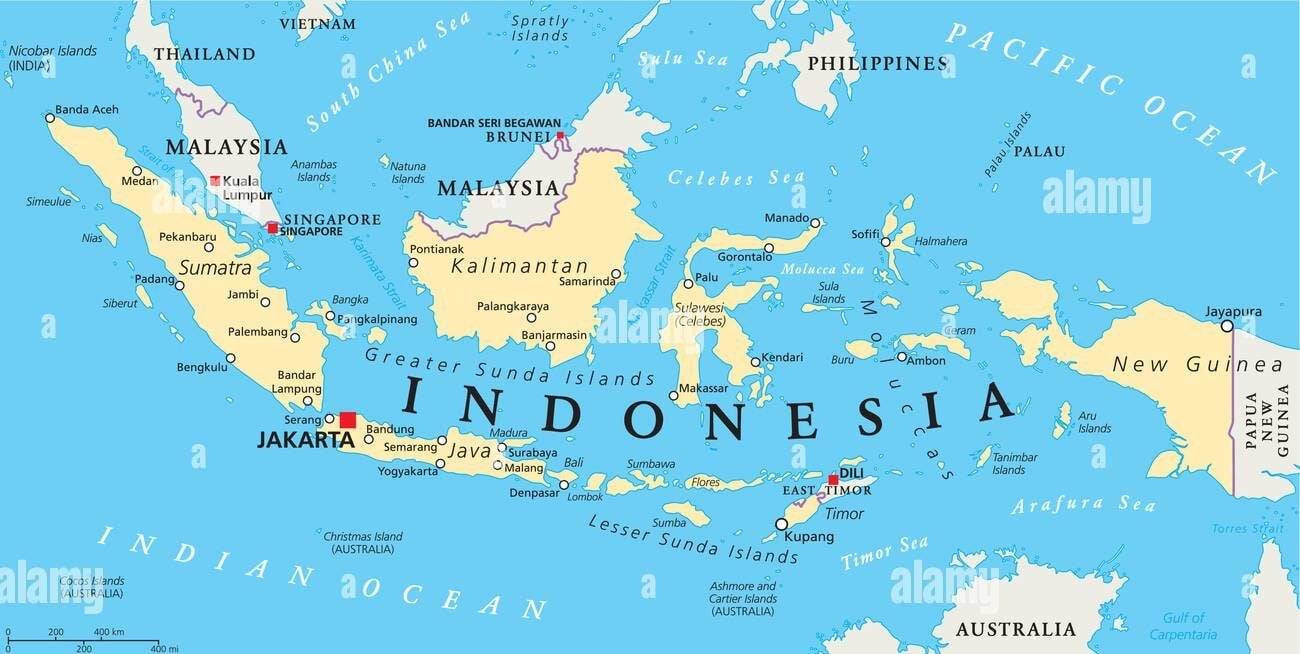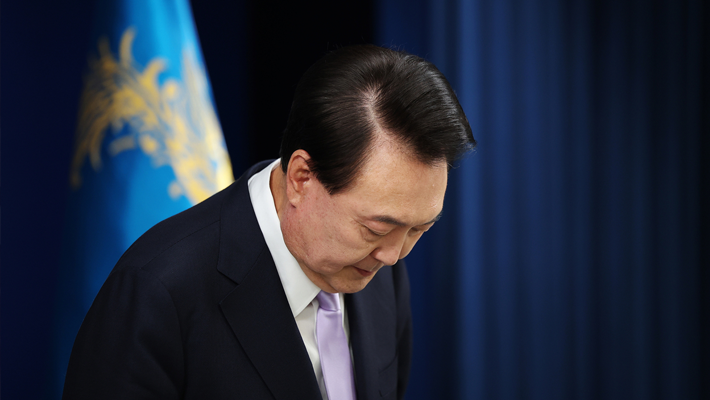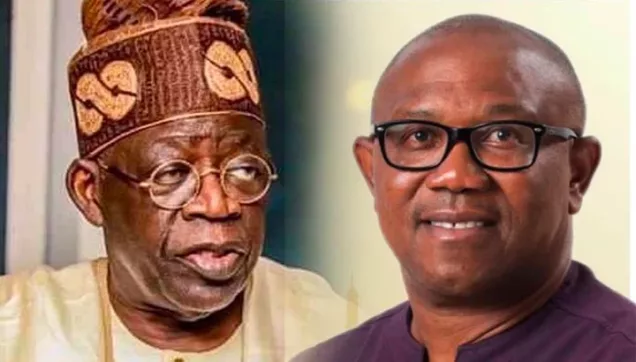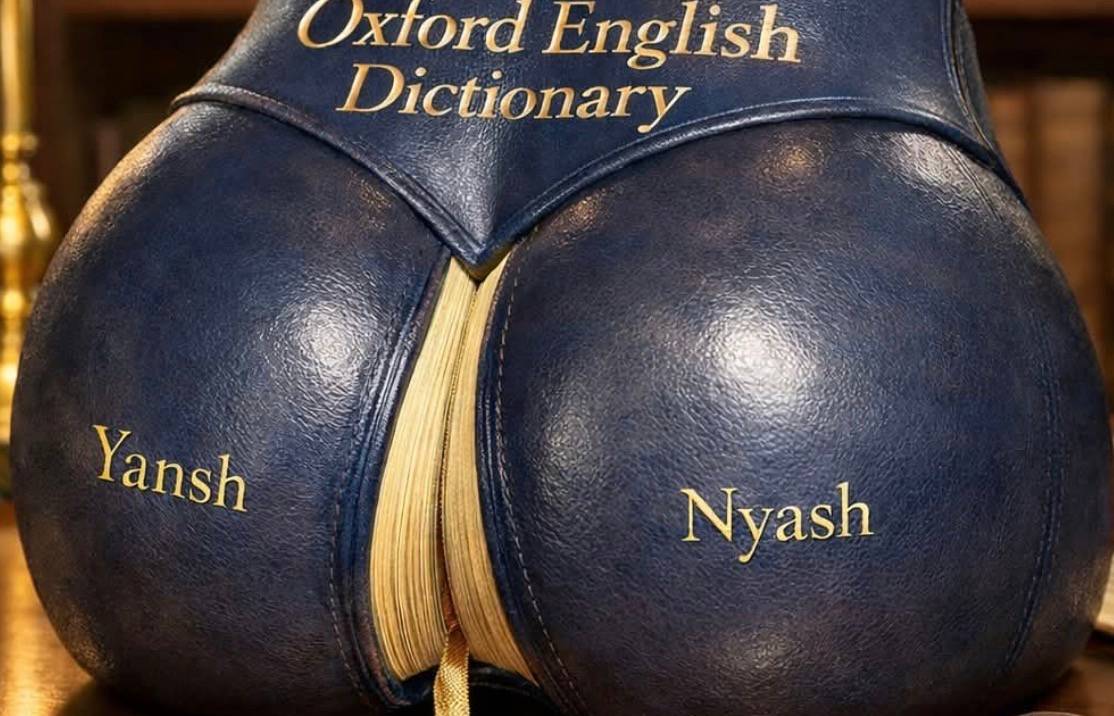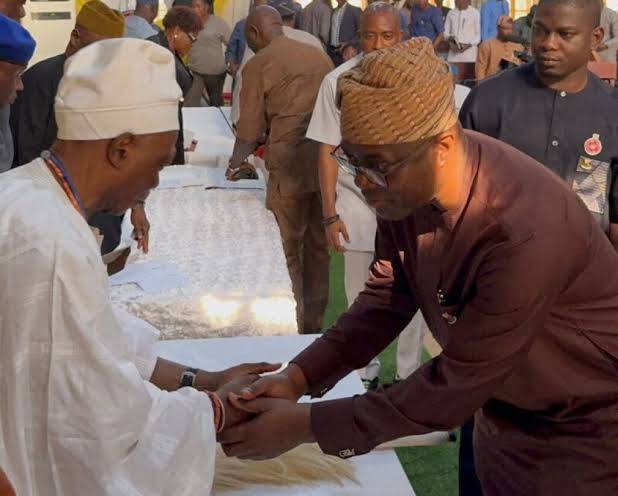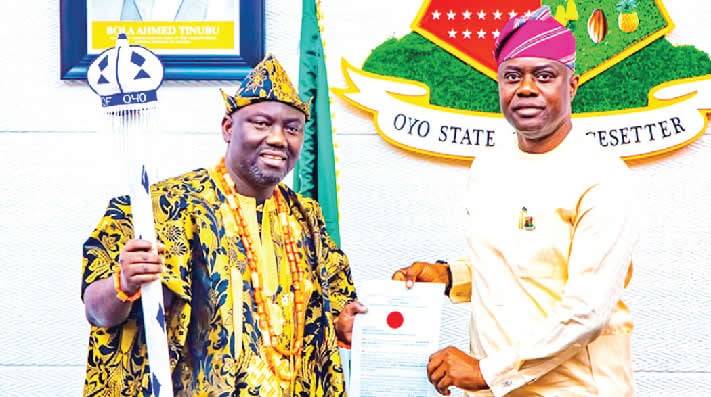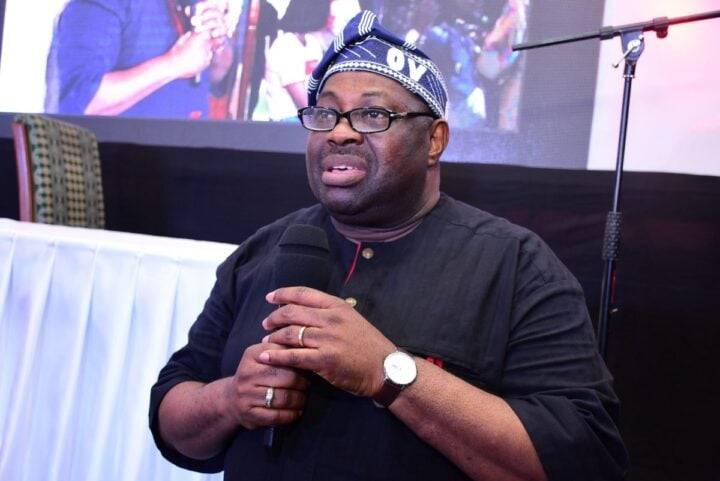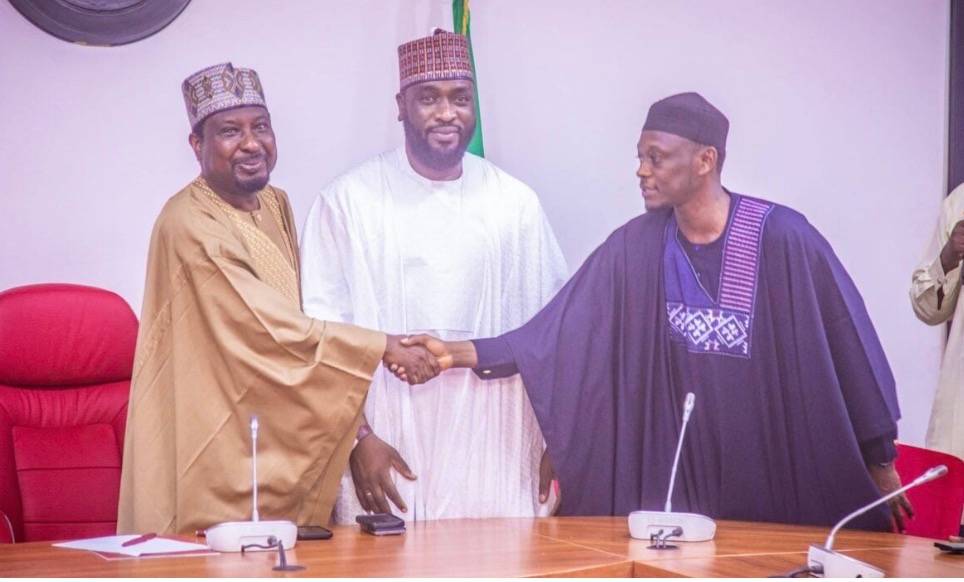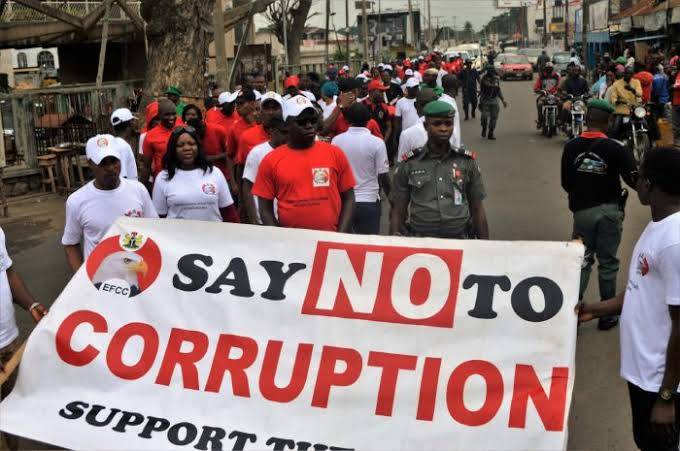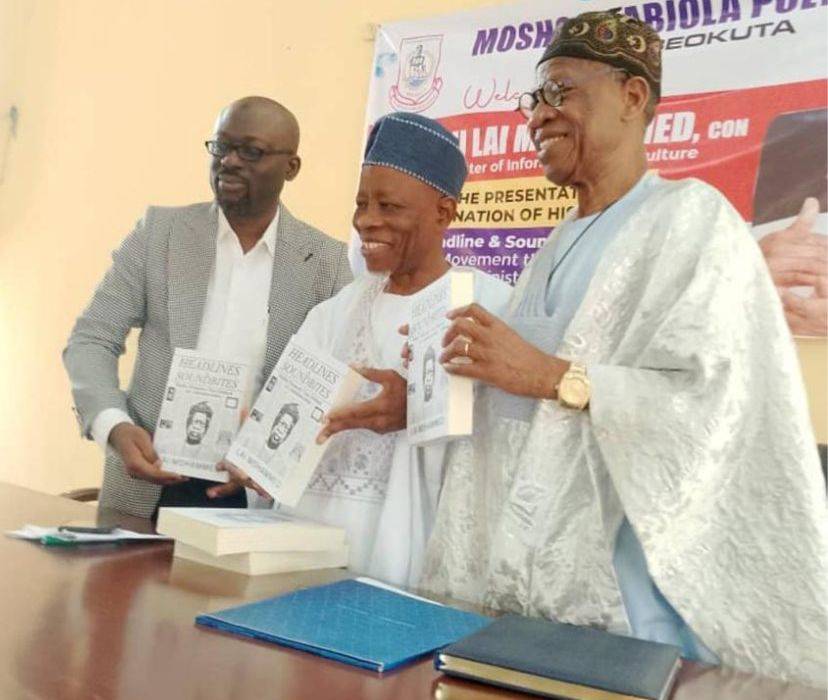By Emmanuel Oladesu
The Supreme Court deserves an applause for liberating Nigerians from Godwin Emefiele, the governor of an insensitive Central Bank of Nigeria (CBN), who has loomed large over a beleaguered and trembling polity.
The highest court in the land has ruled that old and new naira notes should co-exist as legal tenders beyond tomorrow, until it considers the substansive suit on February 15.
There is no division over the currency swap. But, the implementation was faulty. The deadline was the bone of contention. The law provided for a reasonable period. CBN opted for a limited period in a country with a population of over 200 million. The policy became controversial.
The lesson of this period is instructive. Reactions to the policy demarcated Nigerian leaders into two distinctive classes of defenders of public interest and leaders inspired by selfish agenda.
Nigerians now know those who have their interest at heart; those who can serve them faithfully. They know those who are driven by selfish desires, provided their personal interests are not affected.
Till yesterday, the CBN overseer closed his eyes to pity. Some observers said another evil genius was on the prowl. The cash crunch was biting harder. Nigerians were in pains. The country was at a standstill. Long queues on banks’ premises took the shape of longer queues at filling stations in search of the elusive fuel.
The policy has divided the country, the ruling party and the Federal Government, with appointees voicing opposition to it.
Nigerians in the diaspora were agitated. Sad news got to them from home that their country was ebbing away. The international community, according to sources, was worried. Diplomats agitated silently without betraying the code of diplomacy. Their home countries sought information at the turn of events. They could not fathom the banking malady. Pleas by the International Monetary Fund (IMF) went on deaf ear.
In that period of anxiety, only genuine patriots spoke the truth to power. Others kept quiet in despicable aloofness to the plight of Nigerians.
On Tuesday, an anxious chairman of the Independent National Electoral Commission (INEC), Prof. Mahmood Yakubu, stormed the apex bank to complain about the threat posed by CBN to the general election. He told the powerful CBN governor that lack of cash will cripple preparations for February 25 and March 11.
In a fit of arrogance, Emefiele told the boss of the electoral agency not to worry. He said he will give cash to INEC for electoral duties.
But, what about other agonising Nigerians? They should be abandoned in pains and dejection.
Many Nigerians begged the Lord of the Manor, Emefiele, to extend the currency swap deadline beyond tomorrow. He refused, unmindful of the fact that the country was about to explode. Riots broke out in parts of the country, but he was adamant. Commercial activities were crippled. Still, the CBN boss, resplendent in his comfort zone, was defiant.
Experts furnished faultless data about seamless exercises in India, United Kingdom and United States. They urged Nigeria to emulate the reasonable conditions that aided peaceful swap. But, the examples were ignored.
According to the All Progressives Congress (APC) governors, the plotters were united by an inexplicable agenda. The only clue was that they were working assiduously to scuttle the elections.
Two objectives were later detected. One, fuel and cash crises were created to incite voters against the ruling party and its presidential candidate. Two, the crises were to be prolonged, sustained and aggravated to compel a sinister consideration for poll postponement, and later, an interim government.
It is an understatement. The man opposition party kept mute. It later attacked those who condemned the oppression. It spoilt for a political capital in a moment of emergency. The Peoples Democratic (PDP) failed to rise in defence of public interest when it mattered.
Even mushroom and hungry political parties were allegedly financially induced to press for the non-extention of the currency change as part of the plot to set the country ablaze. A wool covered the eyes of their immature leaders as they threw their support for an ignoble policy that had wrecked a monumental havoc.
Emefiele only released pittance to banks nationwide. The gap between what was mopped up and what was released was huge. The cash that was released to banks across the 36 states and Abuja was even inadequate for a state as Lagos. Banks’ branches were accused of imaginary hoarding. There was uproar as customers lamented over their legitimate cash trapped in banks. To the informal sector, it amounted to the seizure of working capital, thereby making market men and women hopeless.
The Automated Teller Machines (ATM) were empty. Customers kept vigil in banks. Some stripped themselves naked to demonstrate how they were hit by the crunch. It was an awful picture of self-dehumanisation. In extreme cases, angry customers turned the heat on bank workers who themselves lacked adequate information.
For fear of imminent mob action, some banks suspended operations. The confusion was confounding.
Former CBN workers were nostalgic. This is not how to be a banker’s bank, they cried out. Historians will capture these scenarios in books for the instruction of future generations. Raw materials and candid information for academic books, autobiographies and bibliographies now abound.
However, men of goodwill should not sleep on guard. There is no evidence to show that the darkness has completely fizzled out. The plot against democracy may have been momentally stalled by the ruling of the apex court. There is respite; poor and impoverished peasants, artisans, civil servants, traders, business executives can now breathe heartily. But, it is doubtful the battle is over.
The apex jurists who bailed the country out of the messy situation are heroes of the masses. Their decision has rekindled confidence in the Judiciary as the hope of the common man.
When Emefiele and some elements close to the topmost seat of power portrayed themselves as gods and unleashed untold hardship, who confronted the evil minded officials ? Who said what? Who was with the people ? Who was against the people? Who sided with those who inflicted hardship on Nigerians?
On the side of people:
Tinubu:
APC presidential candidate Asiwaju Bola Ahmed Tinubu is a soldier of democracy. Reminiscent of his past days as a pro-democracy crusader, he rose swiftly as a patriot to articulate and defend the interest of Nigerians.
Always at home with the masses, he knows their yearnings. He is accessible. Thus, he knows the pains of the downtrodden.
Tinubu had peeped into the nearest future, warning that certain forces wanted to exploit the fuel and cash scarcities to embarrass President Muhammadu Buhari and demarket the ruling party.
He said the plot to scuttle the polls by those who are ill-prepared should not be allowed to stand.
Tinubu called for extention of the deadline for return of old notes to banks. He was attacked by the PDP candidate, Alhaji Atiku Abubakar, whose party initially played to the gallery and sought to create a friction between Tinubu and the president.
On Wednesday, Tinubu also appealed to Nigerians to be calm as government was finding solutions.
APC governors:
The progressive governors knew that the fuel and cash crunch were plots targeted at the ruling party. While the PDP governors kept quiet, they spoke up.
Kaduna State Governor Nasir El-Rufai clarified that the CBN policy was not that of the APC, adding that the opposition to the extension of deadline was mischievous and illogical. He said fifth columnists in Aso Rock Villa were trying to create crisis during the electioneering.
While El-Rufai never faulted the policy, he maintained that “doing it at this time, and within the allotted time does not make any political or economic sense.”
Kano State Governor Abdullahi Ganduje said the trick had leaked out: ‘anti-June 12 elements were regrouping, dangerously masquerading and bent on scuttling the nation’s democracy.” He urged the youth to refrain from protest to avoid playing into their hands.
Ondo State Governor Rotimi Akeredolu alluded to a conspiratory theory. He said:”The struggles and actual fights recorded in banking halls, ATM and POS points, and markets across the country are disquieting.
“The choice of this period for the implementation of a policy, which bears an instant negative impact with no discernible mitigation in sight, raises serious suspicion of partisanship on the part of the CBN.
“The ordinary people are the victims. Depositors can no longer access their money even to feed their families. Hunger is not the anticipated result of a monetary policy.”
It is noteworthy that Zamfara, Kaduna and Kogi state governments were the architects of the litigation that led to the Supreme Court ruling on recognition of the old and naira notes as legal tenders.
Oshiomhole:
Former APC National Chairman Adams Oshiomhole alleged that Emefiele deceived the President, adding that the policy, which was senseless, ill-conceived, not well thought out and poorly timed, was only meant to scuttle elections.
The former governor of Edo State said the CBN governor, who wanted to be presidential candidate, was fighting back.
Oshiomhole added:”He bought N100 million APC nomination form and the President directed that all those who wanted to contest for the presidential ticket should resign their appointments.
“I remember that during that time he went to the Villa, I believe, he went to consult and when they asked him if he had been cleared to proceed on his political ambition, he said, there will be big news soon. The only news we have heard is this change of currency… The only news we heard is the naira redesign.”
Wike:
Rivers State Governor Nyesome Wike, who berated the CBN for upsetting Nigeria with its strange implementation, urged Nigerians to be calm. He said if they embarked on protest, those who were afraid of election, will see a justification to call for postponement or an interim contraption. He counselled against violent reaction, despite the provocation.
Sagay:
Vocal elderstatesman and legal scholar Prof. Itsey Sagay (SAN) was unequivocal in his condemnation of the fuel and cash scarcities, which he said, were designed to incite voters against APC and its presidential candidate during the election.
Organised private sector:
As the informal sector was on its knees, the Organised Private Sector decried the policy, which it observed was poorly implemented. It noted that its implementation lacked human face and smacked of insensitivity to the plight of traders who have to slowly adjust to the cashless policy.
National Assembly:
The Senate had initially urged the CBN to reconsider its cash withdrawal policy.
When the CBN governor failed to promptly appear before the National Assembly, the legislators said a warrant may be issued for his arrest.
Representatives Speaker Femi Gbajabiamila said the House may reconvene if the policy continue to push Nigeria to the brink.
House Leader Doguma complained that there was no justification for mopping up naira to deny politicians the resources to fund their elections. Although Emefiele later appeared, he stuck to his deadline.
Youths:
While Arewa Youth Assembly warned against political conspiracy, the National Association of Nigerian Students, (NANS) stated: “The policy is negatively affecting students in areas of transportation, purchase of academic materials, and their day-to-day activities.
“We have it in good authority that students are forced to sleep on an empty stomach for no fault of their own as they cannot cope with the long queue.
“The CBN’s new currency swap policy has caused widespread confusion and frustration, with students facing long lines at banks and difficulty in accessing their funds.
“The fuel scarcity crisis has further compounded these problems, leading to increased transportation costs and difficulties in accessing basic necessities.”
Anti-People:
PDP and Atiku:
While Tinubu spoke up on behalf of Nigerians, Atiku attacked him for partisan reasons. A wide gap separated a man who was never involved in pro-democracy crusade and a hero of the people’s struggle.
When the support for deadline by PDP dented its image, the main opposition party retraced its steps. Atiku was vacillating. In a breath, his party criticised Tinubu for opposing the CBN policy. PDP never saw any merit in extention of deadline despite the public agony. But, when public disenchantment grew, the PDP candidate called for calm.
13 mushroom parties:
Thirteen smaller political parties embarrassed Nigerians when they approached a court, praying that CBN and the Federal Government should not extend the deadline. What interest did they represent? Nigerians or some paymasters? Their prayers were granted by an Abuja High Court judge itself to the consternation of Nigerians on long queues under the sun.
Compromised civil society groups:
Certain ‘give us our daily bread’ civil society groups were hired and financially induced to support the CBN’s reluctance to shift its position in greater public interest.
Observers want the media to distance themselves from the antics of these civil society groups and politicians without conscience.
The media has its noble roles to play. It should not be compromised. The media should not swim in a pool of crisis, breach professional ethics, and fail to live to its billing as the Fourth Estate of the Realm. It should not act in connivance with a section of the political class to prolong public suffering, or aid and abet plots to scuttle elections. The media should not run into identity and role crises.
Police:
Many policemen are patriotic and decent. But, the over-zealousness of a few bad eggs, who rained bullets on protesters is highly condemnable.
Obi:
As the problem raged, Peter Obi, presidential candidate of the Labour Party (LP), urged Nigerians to endure the hardship and cooperate with the CBN.
Culled from The Nation


